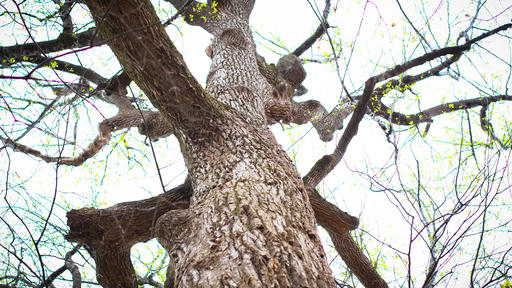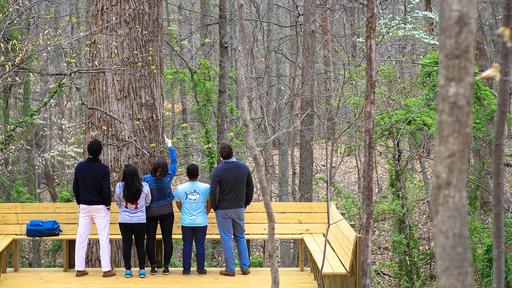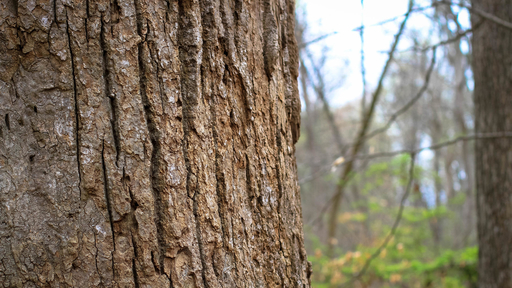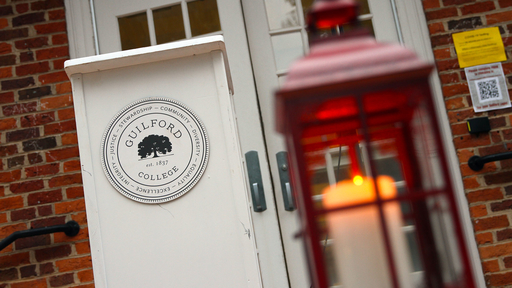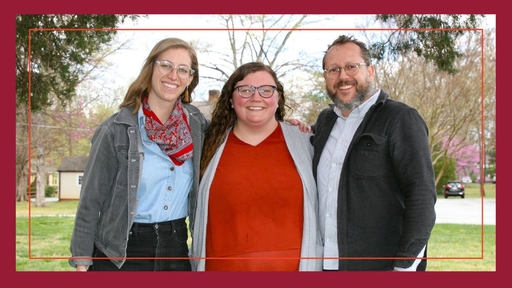History and Quaker Roots
Guilford's Origins
Guilford College was founded by the Religious Society of Friends (Quakers) in 1837 as a co-educational boarding school. It was originally for Quakers but accepted non-Quaker students by 1841. While still maintaining a commitment to Quaker values, the institution evolved into one serving young people of every religious affiliation and those with none.
In the 1880s, New Garden Boarding School transitioned into a four-year liberal arts college and rechartered as Guilford College in 1888. It is the oldest coeducational college in the South, with male and female faculty and graduating both men and women in the first class.
To learn more about Guilford and Quaker history, visit the Quaker Archives and check out this webpage that the city of Greensboro created about the New Garden Heritage Community, including Guilford College.
Visit the Guilford College Friends Center webpage.
Other Historical Moments
- Remained open during the U.S. Civil War (1861-65)
- Accepted Japanese-American students during World War II (1940s)
- Racially integrated to include students of African descent in 1962
- Hosted influential Quaker conferences, notably the World Conference in 1967 and the World Gathering of Young Friends in 1985
While Guilford is independent of formal ownership by any Quaker body, its Quaker heritage still influences its customs, administration, and curriculum. The College's seven Core Values are also derived from Quaker testimonies.
Quaker Testimony
Quakers believe in the importance of living one’s convictions out in the world. As George Fox, a founder of the Quaker tradition, once said, “Be patterns, be examples ... let your lives preach….” In order to do this, Quakers emphasize the direct connection to God in their lives, believe in the spiritual equality of women and men, acknowledge the “light of God” in all people, practice nonviolence, and practice decision-making based on the unity of the community.
Here are Quaker-inspired practices you can experience at Guilford today:
- Moments of silence before gatherings
- Decision-making by consensus at all levels of the College
- Meetings, seminars, and classes that meet in the round
- Opportunities for interfaith worship and spiritual community
- First-name basis among students, faculty, and staff
- Commitment to being an anti-racist, multicultural institution
- Academic offerings directly influenced by Quaker principles


